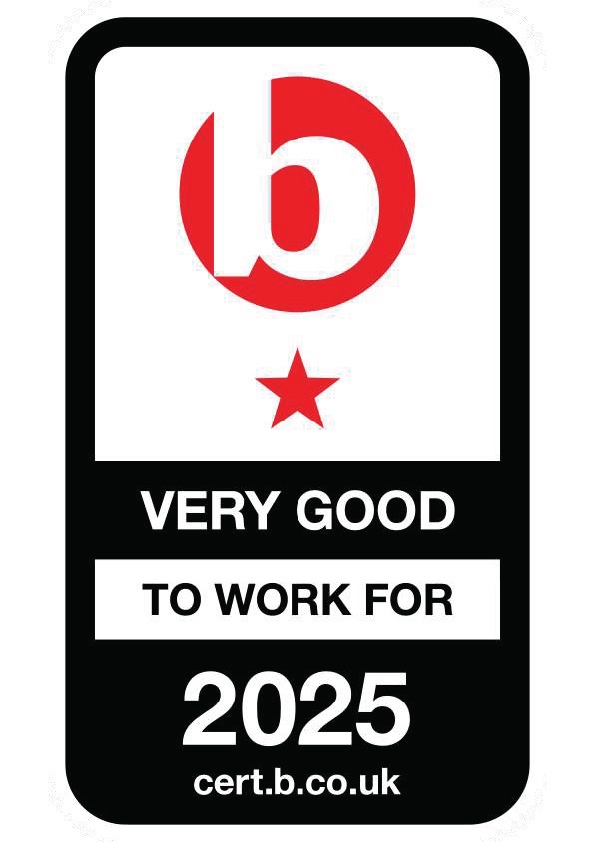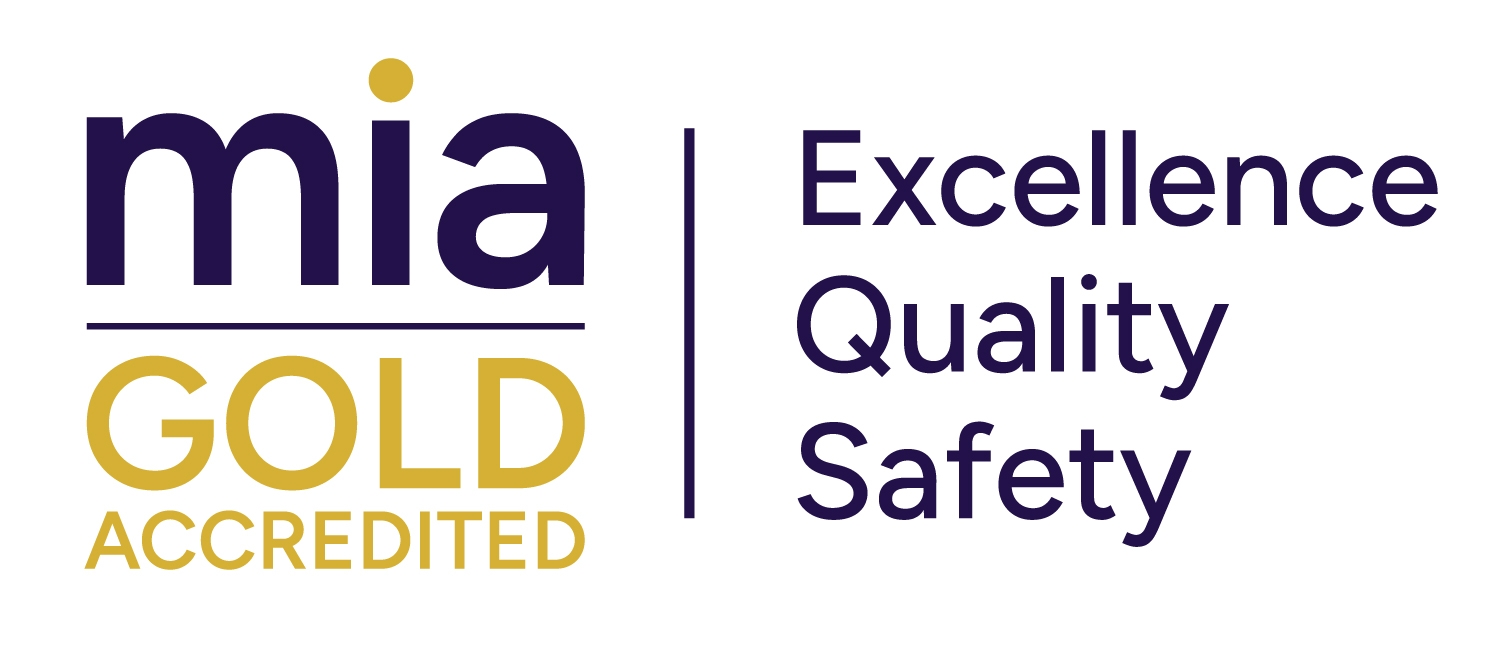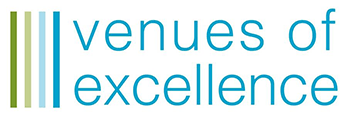If you're planning a conference, it is common to focus solely on high engagement.
We all want an engaged audience at our conferences. Any of the following ideas can be used to achieve engagement: proactive icebreakers, instant polls, live Q&A and breakout sessions. However, to ensure a well-rounded conference experience for your delegates, here are five things arguably more important than engagement.
- Relevance: The conference should provide attendees with valuable and relevant information that meets their needs and interests. From our research, over 90% of delegates say that their main objectives when attending a conference are learning and knowledge they can take back to the workplace for their own development.
- Quality of speakers: The quality of the speakers, their expertise, and their ability to deliver engaging and informative presentations can greatly impact the success of the conference. From our research paper – The Future of Face-to-Face– 86.4% of delegates said that listening to speakers who inspire new ideas, challenge the norm, and initiate change in everyday thinking, is the most valuable element of a face-to-face learning environment.
- Networking opportunities: The conference should provide opportunities for attendees to network and build connections with others in their industry. Don’t forget that the goal of networking is to have a friction-free, seamless, productive conversation that leaves your delegates with a good and memorable first impressions and a basis for future interaction. Check out our research paper for 5 tips on how to organise networking sessions at your next conference.
- Logistics: for a well-organised conference these are the important questions you should be asking: what is the parking situation, are there electric vehicle charging points if needed? Do your delegates need transport links between the venue and accommodation? Have you checked the technology kit; do you need repeater screens? Have you tested the sound in your presentation? Is the venue’s Wi-Fi speed and bandwidth adequate? Asking these questions will mean you are well on your way to ensuring a smooth and enjoyable experience for attendees.
- Marketing and promotion: The conference should be effectively promoted and marketed to attract the right attendees and generate interest. The earlier you start to market and promote your event, the better. Leaving yourself a few months before the event start date will allow enough time to effectively get the word out about your event, especially if you’re relying on offline media channels to reach your target audience. Stay connected with your delegates straight after your event. At the very minimum, you should follow up with a simple thank you email to show that you care about your attendees. However, you can create real added value for attendees by making presentation materials and content available after the event so they have a useful resource to refer back to. This can also help to build engagement for the next event by distributing snippets of previous content or repurposing it for useful promotional tools across your platforms.
Incorporating these five factors into your event planning will result in better use of time, return on investment, cost and value for money.
While creating engagement is important, these other factors must also be considered to ensure the overall success of the conference. By focusing on all these aspects, you can create a well-rounded conference experience that meets the needs and expectations of attendees.
At Imago Venues, we are committed to creating fabulous spaces that offer great value, where people love to be. Are you on the lookout for a venue for your next conference? Give us a shout!






